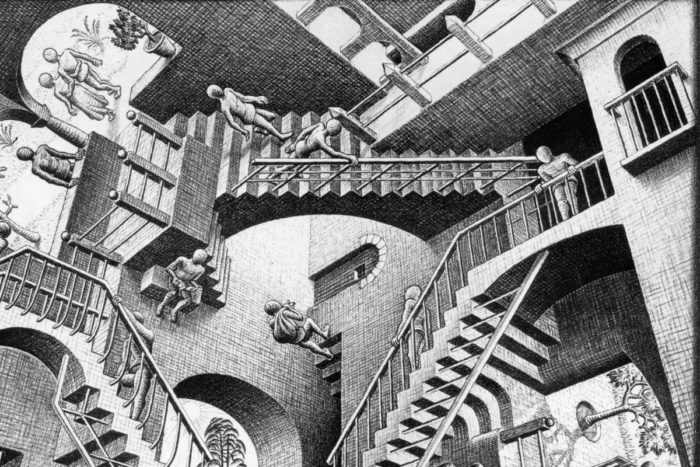Published in the Nikkei Asian Review 15/2/2015
Few Japanese will have noticed, but their country has just been relegated from the “Premier League” of democratic nation states. According to the Economist Intelligence Unit’s recently published Democracy Index for 2015, Japan no longer belongs among the “full democracies,” of which there are twenty.
Its score has tumbled from 8.08 in 2014 to 7.92 in 2015, which takes it down to 23rd position in the table and into the inglorious category of “flawed democracies.”
Still, there is some consolation for Japan. It ranks narrowly ahead of Belgium and France, which are also apparently “flawed democracies.” And all three can look down smugly on Singapore, which languishes in 74th position, barely above Albania.
Not a single Asian country is a member of the “full democracy” club and both the U.S. and UK are close to the relegation zone. Instead the upper reaches are dominated by Northern European social democracies.
How did the EIU come up with a scoring system that is supposedly accurate to two decimal places? The process has the semblance of rigor. It asked various experts to answer 60 questions and assigned each reply a numerical value, with the weighted average deciding the ranking. And who are these experts? Nobody knows. Wikipedia drily notes that the report does not reveal their number, nationality, credentials or even field of expertise.
Some idea of where they are coming from can be gauged by the report’s comments on individual countries. France, we learn, has been defenestrated because of a “deterioration in social cohesion.” And those inveterate goodie-goodies, the Swedes, are on the naughty seat because of declining membership of political parties and increasing social discrimination. An important recent phenomenon, the growth in support for populist politicians, is not seen as a sign of democratic systems responding to shifts in public opinion. Rather, it is evidence of “discontent with democracy” itself and thus to be deplored.
In other words despite the appearance of scientific objectivity, the exercise of ranking a country’s democratic credentials is as much riddled with biases, value judgments and hidden agendas as awards of Oscars to movies or Michelin stars to restaurants — which are also decided by groups of mysterious experts using criteria best known to themselves.
A LOAD OF RANKERS
The same could be said for the Global Competitiveness Index, the brainchild of the Davos crowd, which offers up a dizzying array of statistical conjuring tricks. Here the news is better for Singapore, the United States and Japan which the most recent report ranks second, third and sixth respectively. Indeed, if you took the two indices seriously you could be forgiven for thinking that among developed countries, the less democracy the more competitiveness and vice versa.
Unlike the Democracy Index, the GCI purports to have predictive value in that it ranks countries by their ability to provide “current and medium-term levels of prosperity.” As such, it comes into the category of “expert forecast” analyzed to devastating effect by Canadian writer and academic Philip Tetlock. One of Tetlock’s key contentions is that the accuracy of an expert’s predictions are in inverse relationship to his or her self-confidence, renown and, beyond a certain point, depth of knowledge. Or more bluntly, most experts have no clue what the future holds, no matter how slickly they package their prognostications.
This might explain why Iceland came 13th in the GCI pecking order in 2007, above Canada and Austria. Just a few months later the Icelandic economy imploded in the global economic crisis and its currency suffered a 60% collapse. By 2011 Iceland had fallen to 31st place, just one notch above Tunisia, then the poster child of the Arab Spring. In case you are wondering, Tunisia has subsequently plummeted to 92nd position. To adapt Bob Dylan, for both countries the future is already a thing of the past.
If these indices are not enough, we also have the Heritage Foundation’s Index of Economic Freedom (Hong Kong at number one), MIT’s Index of Economic Complexity (Japan at number one) and the Global Liveability Index (Melbourne at number one), which is also produced by those compulsive rankers at the EIU. And there are many, many more, all offering hierarchies of desirable attributes created by supposedly sound, objective methods.
How is the confused observer to know which are most reliable? The obvious solution is to create a ranking of the rankers – to be based, needless to say, on a weighted average of inputs from a group of anonymous experts.
